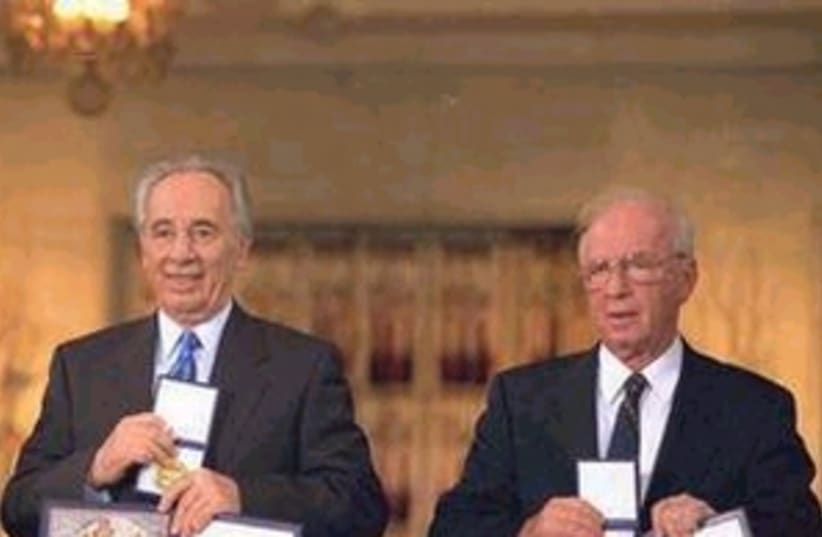| More about: | Yitzhak Rabin, David Ben-Gurion, Menachem Begin, Ariel Sharon |
50% say Rabin was right on Oslo
Poll suggests that Rabin would not have completed the peace process with Arafat.


| More about: | Yitzhak Rabin, David Ben-Gurion, Menachem Begin, Ariel Sharon |